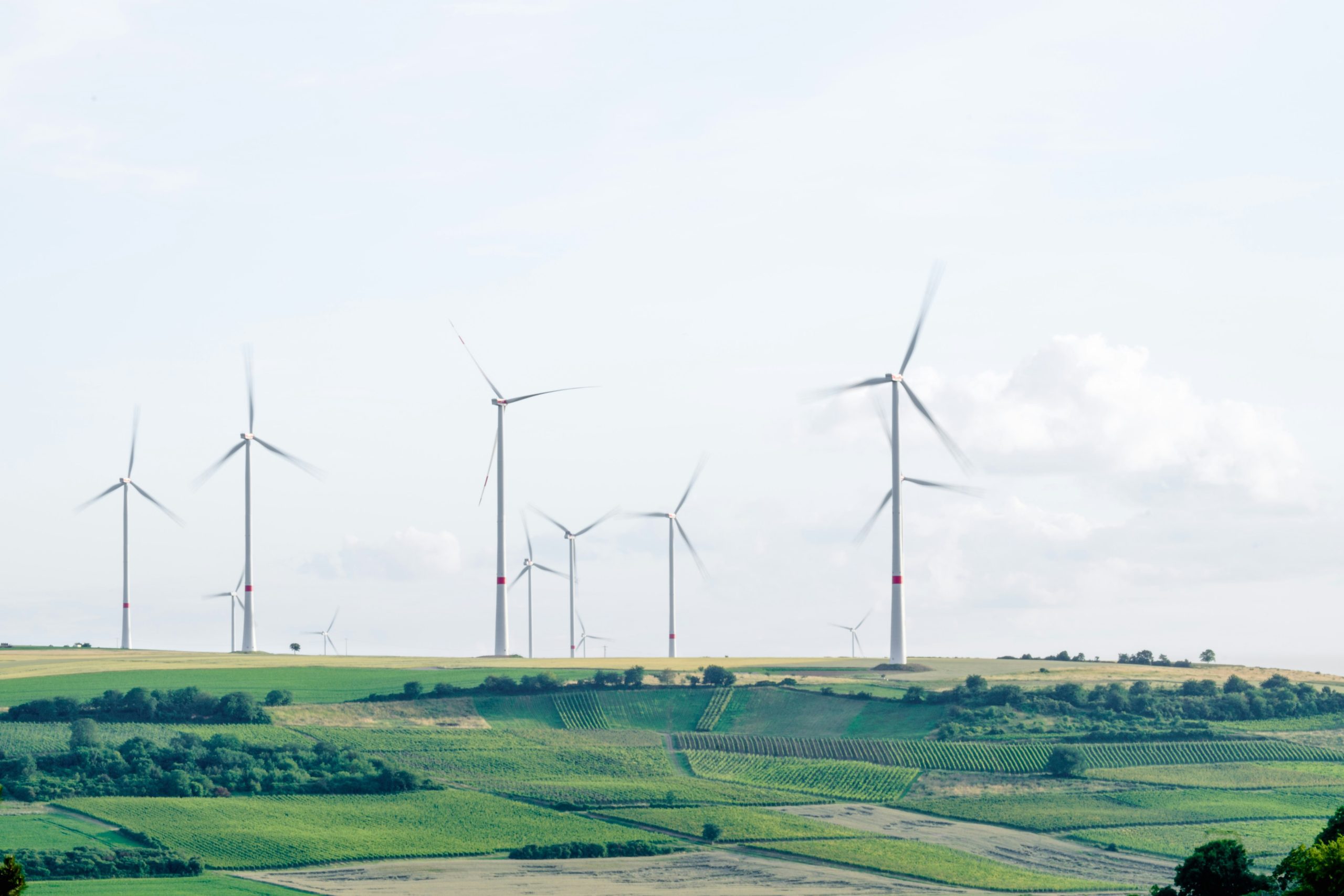Michigan Introduces New Statewide Rules for Expanding Solar and Wind Energy Projects
October 28, 2024

Developers of large-scale solar and wind projects in Michigan will now operate under updated guidelines for site selection. After months of development and stakeholder input, the Michigan Public Service Commission and other state regulators have finalized procedures to implement a 2023 law that transfers decision-making authority, in some cases, from local governments to the state.
The new process, set to take effect on November 29th, was adopted by the Michigan Public Service Commission on October 10th. Although the new procedures aim to streamline renewable energy development, experts anticipate potential legal challenges as they are implemented. The law aims to speed up the growth of renewable energy to achieve targets for increasing carbon-free power sources.
Local opposition to projects, especially on farmland, and the presence of varying township and county ordinances have created obstacles to renewable energy development. Despite the shift in authority, developers will not immediately bypass local approval processes. The law outlines different pathways depending on the local ordinances already in place. In most cases, projects will still need to begin locally unless local governments have implemented a temporary ban on projects or request state oversight by the Michigan Public Service Commission.
The law allows developers to seek state approval from the Public Service Commission if local governments deny a project, fail to act within 120 days, or impose restrictive conditions that make siting difficult. The law applies to large solar projects of 50 megawatts or more, wind farms of 100 megawatts or more, and large-scale battery storage projects. Commissioner Katherine Peretick noted that most renewable energy siting permits are expected to continue being approved locally, as explained by the Michigan Public Service Commission.
The process includes provisions to ensure local governments have a significant role in decision-making. It also provides funding for local governments to cover legal costs if state-level review becomes necessary. Incentives are in place for both developers and local governments to avoid state intervention, as obtaining local approval could be quicker and less costly. Additionally, communities that approve projects locally are eligible for state grants of $5,000 per megawatt to encourage participation in hosting utility-scale projects.
Communities can ensure that projects are reviewed locally by adopting ordinances that comply with state standards, which set requirements for factors such as setbacks, noise levels, and fencing. The state law prohibits local rules from being more restrictive than the state’s, which may lead to disputes. Some local governments may argue for the right to impose additional project requirements, potentially leading to legal challenges.
The Michigan Townships Association, which opposed the law, is reviewing the procedures and has raised concerns about the limitations on the local authority. Some developers may opt to work with local governments with ordinances that are not fully aligned with state law but are still viable for their projects, provided they align with Michigan Public Service Commission guidelines.
Although the law has faced opposition from those who argue it reduces local control, a ballot initiative to repeal the legislation did not gather enough support. Proponents of the law argue that it allows landowners, including farmers, to choose whether to lease or sell their land for renewable energy projects while limiting the influence of local authorities in blocking such developments.
Search
RECENT PRESS RELEASES
Related Post




